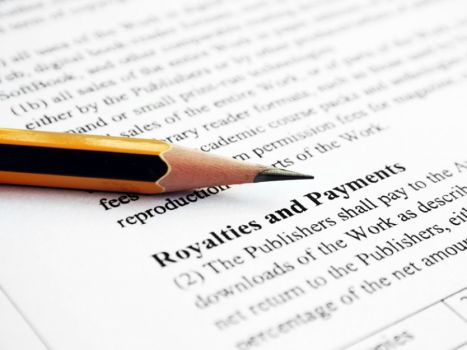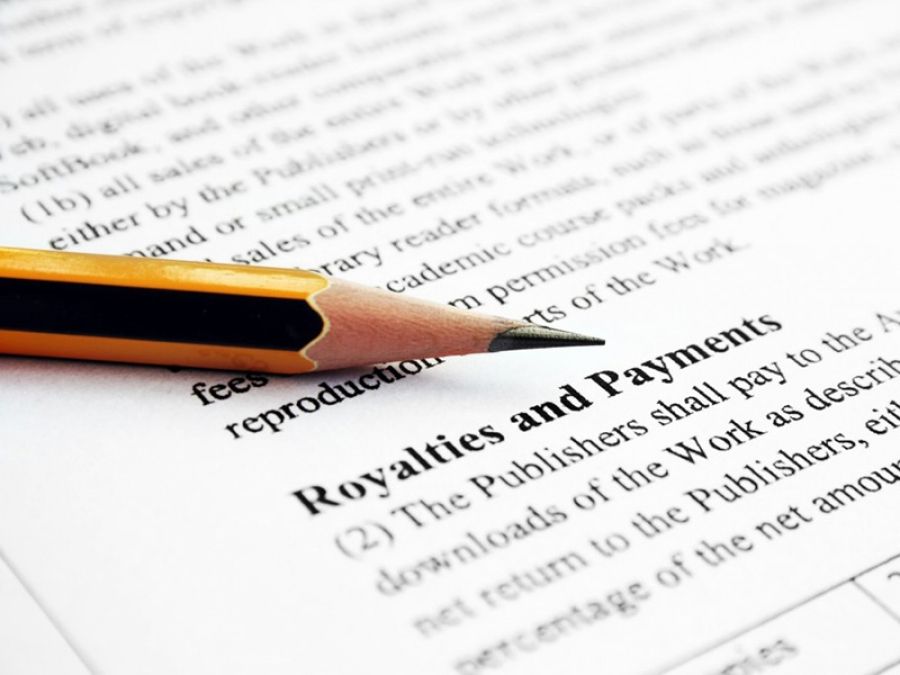So What’s the Big Deal About Copyright?
I love co-writing with people. To me, there is nothing more fun than sharing ideas with someone else, thinking them through, finding just the right words and notes. It’s magical. Two heads are often, so much better than one.
For songwriters the creative side is what we all live for, but what happens after you’ve created your song, who does it belong to?
This is where the ‘house keeping’ part of being a songwriter comes in and it can sometimes get overlooked in the euphoria of the moment.
My advice to any burgeoning songwriter is to get this sorted straight away.
The way I like to work is usually to decide who’s written the song before we even sit down to write together. Weird? Not at all, it’s absolutely necessary. The conversation is brief but relevant and it goes something like this.
Me, ‘So it’s a fifty-fifty split right, words and music’
Other Person, ‘ Yep that suits me’
Me, ‘Great lets’ have a cup of tea and get down to work’
There are two copyrights in a song, one is in the music and the other is in the lyrics. By doing a fifty-fifty split, words and music, it means that the Copyright of the song belongs to you and your writing partner equally. So if later on down the line, only the music is used in a Sync for an advert, (and you wrote the lyrics only) you would still both benefit financially. Likewise if your words were inscribed on a ‘T’ shirt or published in a book, then the composer would benefit financially too.
Copyrights are the mainstay of the Music Industry. They are what is bought and sold. They are valuable. Just look at the deal that Warners has done with the David Bowie Catalogue, it’s said to be worth £250 million.
There are so many problems that could be avoided with bands if only everyone could get their head around the business of ‘Copyright’. It is not a bad word and it shouldn’t stifle creativity.
Basically a Copyright is created as soon as something is written down in a tangible form. In other words, so you can touch it, even if it’s on a scrap piece of paper. The point is it exists.
Granted, if you are writing and performing as a band it is slightly more complicated. There are more people to share in that ‘Copyright’.
It might work something like this: The lead singer walks into the rehearsal room with a new song idea. He’s got a verse and a bit of a chorus. The guitarist starts messing around with some chords and the keyboard player comes up with a better progression on the verse. Someone else throws in a more interesting hook lyrically and now there is a new melody and a very different chorus. Who owns the song? Who owns the ‘Copyright’?
It’s tricky right? Not fifty –fifty anymore. Also there are four people in the room and only three actually contributed to the song, melody and lyrics, but the fourth person was the drummer and he was driving the song forward, so does he deserve a portion of the Copyright?
My own view, for what it’s worth, is ‘yes’ he does deserve it. After all he was a contributor to the creative vibe…and how the band sounds.
Believe it or not there are contracts that exist for just that scenario. It is called a Collaboration Agreement…you’ll find links online. If only people used them more then there would not be so many band arguments later on where people didn’t feel appreciated.
Bands that really command my respect in terms of how they share out their copyrights would be bands like Supergrass or UB40.
When Ali Campbell from UB40 was asked. “Did everyone write the songs?“
He replied:
“No, that was just the way we decided we’d run things, because we didn’t want any internal arguments, and most arguments in bands are about money because you have five people and only two are writing, so you end up with two people who are rich and three that are disgruntled. So to avoid that pitfall, we decided from the off that all eight of us would get the same money. It was a way of keeping everybody equal, and it worked for 28 years.”
So that is the big deal about Copyright….it is worth lots.

